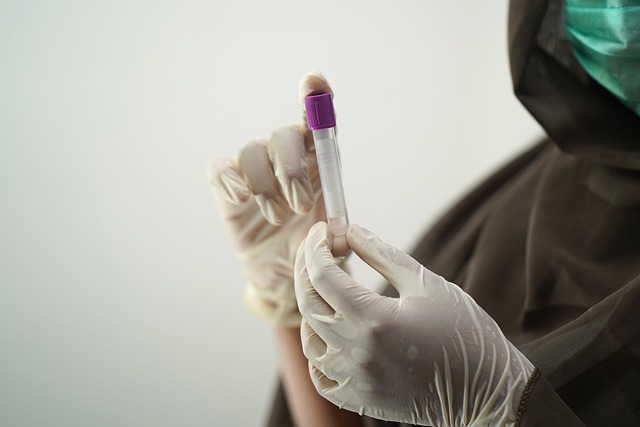In the ever-evolving landscape of online education, the role of diagnostic tests cannot be overstated. These assessments act as beacons of clarity for both educators and students, illuminating the path of knowledge building. As more learners embrace virtual learning environments, the need for effective assessment tools becomes increasingly vital.
Diagnostic tests serve multiple purposes, with a primary focus on understanding students’ existing knowledge and skills. This is especially important in online education, where face-to-face interaction is limited. By implementing these assessments at the beginning of a course, educators can tailor their teaching strategies to meet the diverse needs of learners. It allows them to identify specific areas where students may struggle, thereby providing a foundation for targeted instruction and personalized learning experiences.
This adaptive approach fosters an environment where knowledge building can thrive. For students, it enhances their engagement with the material, as they can see their progress in real-time. Knowing their strengths and weaknesses empowers learners to take ownership of their education. They become active participants, rather than passive recipients, leading to a deeper comprehension of the subject matter.
Moreover, diagnostic tests in online education encourage a formative assessment culture. Rather than merely evaluating what students have learned at the end of a module, these tests facilitate continuous feedback. In the digital realm, where students often study in solitude, receiving prompt responses from diagnostic assessments can significantly boost their motivation and morale. This timely feedback loop is essential for nurturing curiosity and promoting a growth mindset.
With the integration of advanced technologies, creating and administering diagnostic tests has never been easier. Platforms that utilize data analytics can track student performance in real-time, allowing educators to adjust their teaching methods instantaneously. The insights gained from these assessments can also help in refining course materials, ensuring they align with learner needs and industry standards.
However, the effectiveness of diagnostic tests is not solely dependent on the technology used but also on how these assessments are perceived by students. To maximize their potential, it is crucial to frame these tests positively. Establishing a supportive environment where students view diagnostics as opportunities for growth rather than mere evaluations can dramatically change their educational experience.
Incorporating diagnostic tests into the framework of online education fosters an enriching learning atmosphere. By bridging the gap between knowledge acquisition and practical application, they contribute significantly to the scaffolding of a learner’s educational journey. As we continue to navigate the complexities of online learning, embracing these assessment tools can notably enhance the trajectory of knowledge building, equipping students for success in their academic endeavors and beyond.




